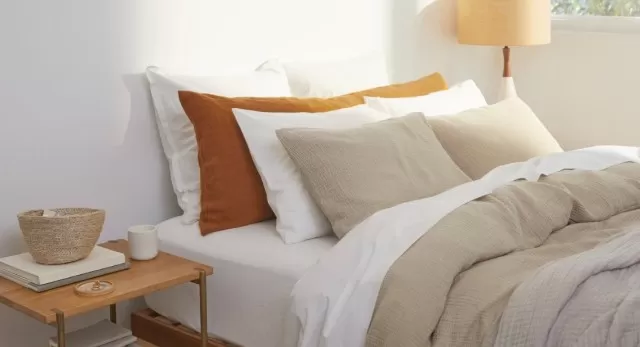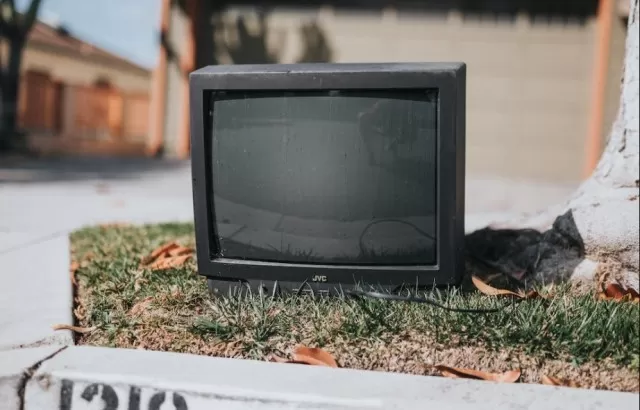When it comes to decluttering and cleaning, it’s important to strike a balance between getting rid of unnecessary items and keeping what you need.
Whether you’re organizing for a move, practicing the KonMari method, or simply tidying up, it’s crucial to avoid the trap of excessive purging that can lead to regret later on.
Instead of mindlessly discarding everything in sight, be mindful of the items that hold value and should never be thrown away. As you declutter, pay attention to these eight things that deserve to be kept and not tossed aside.
Tip for Keeping House Clean

To maintain a clean and organized house, it’s essential to develop the habit of putting everything away after use.
Although it may seem like a simple tip, neglecting to return items to their proper places is the main cause of untidiness. When objects are left scattered around, clutter accumulates, making the cleaning process more challenging and time-consuming.
As you move from room to room, take a quick look around to identify items that can be tidied up.
Make a conscious effort to ensure that anything you wear, use, or move finds its way back to its designated spot. It’s tempting to leave a pair of shoes by the front door, a few shirts on the bed, or some dishes in the sink until later.
However, these small piles can quickly grow into larger messes.
If you’re dealing with limited space, explore do-it-yourself closet organization ideas such as using tension rods and shower curtain hooks.
Over-the-door organizers can also be utilized to maximize storage in bedrooms, bathrooms, and hall closets. Utilize decorative baskets to keep smaller items in order, and consider using a mail sorter to organize paper items.
Remember, it’s much more efficient to put belongings away promptly each time rather than scrambling to find them when you need them again!
8 Things You Should Never Throw Away When Cleaning

Old Electronics.
Instead of discarding your old phones, computers, and TVs, it’s important to handle them responsibly.
Disposing of these gadgets in the trash can pose privacy risks, especially if they contain personal information. Always make sure to wipe the devices clean of all personal data and files before getting rid of them.
Additionally, electronic components are considered hazardous waste, so it’s best to reuse or recycle your electronic devices. Look for local e-cycling centers or retailers like Best Buy and Staples that accept old electronics for proper disposal.
Important Documents.
As you declutter and sort through paperwork, it’s crucial to keep your important documents separate and secure.
Financial documents such as loan or investment statements, insurance papers, tax records, and identification documents like social security cards, birth certificates, and passports should be kept in a safe spot. Consider using a fireproof safe or lockable file cabinet that allows easy access when needed.
Remember to hold onto these documents for a minimum of seven years for tax purposes.
Handwritten Notes.
In the digital age, handwritten notes hold a special place and evoke sentimental value.
While organizing your office drawers, consider preserving handwritten letters, cards, and other meaningful items like cherished family recipes. Revisiting these handwritten notes in the future can bring back precious memories.
To protect and preserve these papers, store them in a box with a lid to prevent dust accumulation or explore creative options like turning them into personalized keepsakes such as printed tea towels or engraved cutting boards.
Photographs.
Although digital copies provide convenience, holding printed photographs can evoke a unique sense of nostalgia.
Particularly for family photos, pet memories, or favorite vacations, it’s worth keeping physical copies. Organize your photos in albums, photo boxes, or frames to ensure their safekeeping and easy accessibility for future enjoyment.

Unworn T-shirts.
When decluttering your closet, it’s common to part with unworn t-shirts.
However, even if they are stained, ripped, or no longer wearable, they can still serve a purpose. Repurpose these shirts as cleaning rags to replace disposable paper towels.
Cut them into squares for various cleaning tasks in the kitchen, or bathroom, or during messy DIY or crafting projects.
Books.
Instead of simply discarding books after reading them, consider alternative uses for them.
Books can be used to decorate and add a pop of color to built-in shelves, open shelves, or coffee tables. Additionally, you can get creative with book crafts using the pages.
If you’re looking to downsize your hardcover collection, consider donating them to your local library or dropping them off at a book donation dropbox.
Emergency Supplies.
While it’s great if you haven’t needed to use your emergency supplies in the past year, it’s important to keep them readily available.
Prepare a box with essential items like water bottles, non-perishable food, a radio, extra batteries, and a first aid kit for emergencies or natural disasters. Regularly check and replace any expired or outdated items in the kit every six months.
Heirloom Furniture.
Furniture pieces passed down through generations hold sentimental value and family history.
If a particular piece doesn’t match your style, consider offering it to other family members who may appreciate it. Alternatively, you can give old furniture a fresh look by repainting or replacing hardware.
If the piece doesn’t hold significant sentimental value, renting a storage unit can provide a solution to keep unwanted heirloom furniture while still preserving its legacy within the family.
*The information is for reference only.